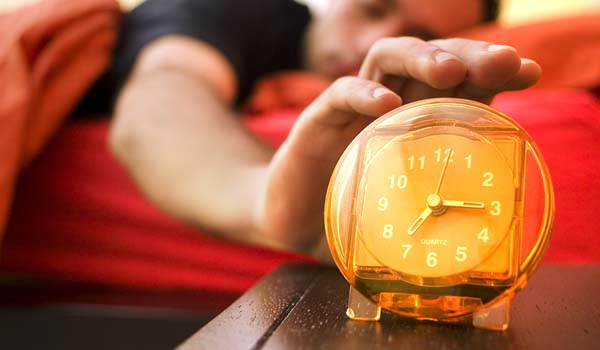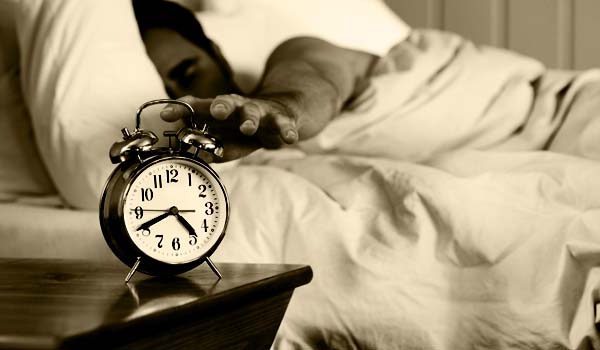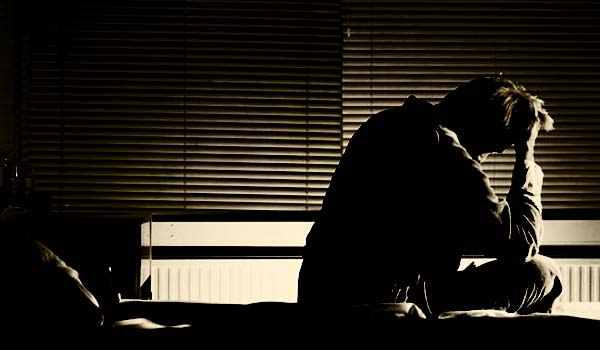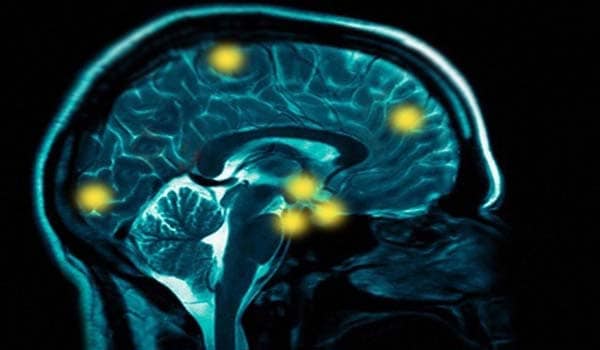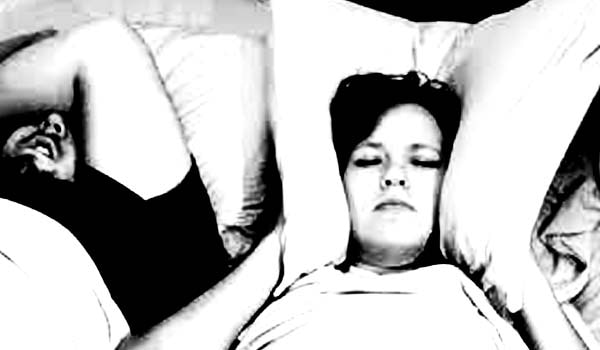Health Photos
-
Sleep disorders may be due by various factors. Although causes may differ, the end result of all sleep disorders is that the body's natural cycle gets disturbed.
-
Factors that may lead cause sleep problems are:
- Physical (ulcers)
- Medical (asthma)
- Psychiatric (depression and anxiety disorders)
- Environmental (alcohol use)
-
Short-term or acute sleep disorders are generally caused by life stresses, such as job loss or change, death of a loved one, or moving; an illness; or environmental factors, such as light, noise, or extreme temperatures.
-
Long-term or chronic sleep problems (sleep disorders that occur at least three nights a week for a month or longer) can be caused by factors such as depression, stress and pain.
-
Many studies have suggested that there is a genetic basis for sleep disorders. In other words, sleep disorder may run in families.
-
People who work at night often experience sleep disorders because they cannot sleep when they start feeling drowsy. Their activities run contrary to their biological clocks.
-
Certain drugs can interfere with sleep cycle. These may include antidepressants, blood pressure medication, and some over-the-counter cold medicines.
-
About half of all adults over the age of 65 years experience some sort of sleep disorder. It is not clear if it is a normal part of aging or a result of medications that older people commonly use to treat various ailments that they are suffering from.
-
Serious sleep disorders can be caused because of medical conditions such as chronic obstructive pulmonary disease, sleep-related gastroesophageal reflux, peptic ulcer, fibrositis syndrome, back problems, and neck problems.
-
Any impairment in the brain such as central apnoea and neurodegenerative diseases such as Alzheimer's disease are also potential cause for sleep disorders.
-
Breathing problems are also a major causative in cases such as obstructive sleep apnoea and snoring.


